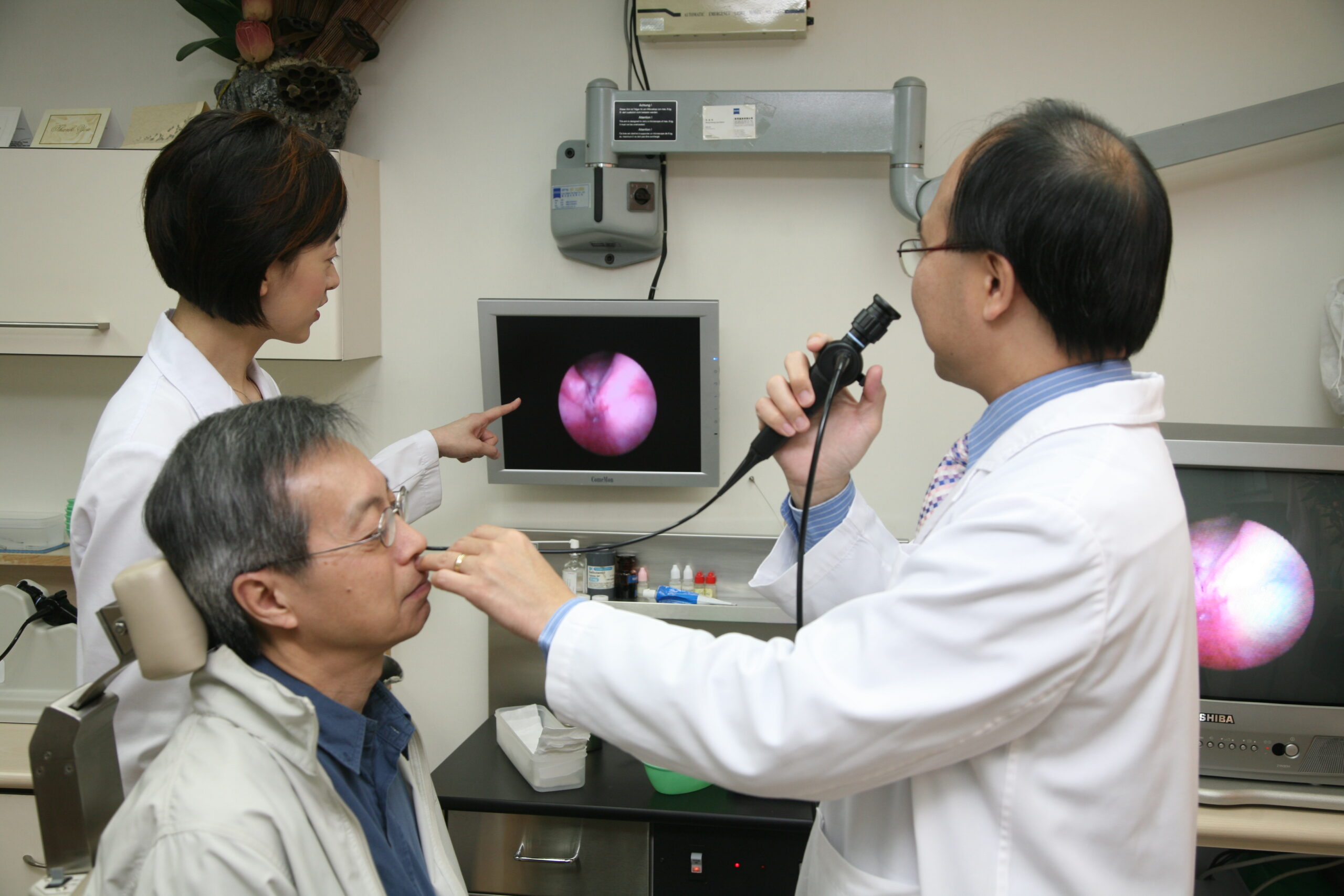-
.
Service Types
Outreach Services
School-based speech therapy service, elderly service for care centre and nursing house, conduct seminars and workshops etc.
Therapy Services
Online assessment, speech therapy, speech and language therapy, play therapy, fluency therapy, stuttering therapy, autism therapy, feeding & swallowing therapy, stroke rehabilitation etc…
Feeding & Swallowing Therapy
What is Feeding and Swallowing Therapy?
Feeding and swallowing therapy, also known as dysphagia therapy, involves assessment and treatment to improve swallowing function and prevent complications related to swallowing difficulties. Swallowing is a complex process involving a coordinated sequence of muscle movements in the mouth and throat to move food or liquid from the mouth to the stomach. Swallowing occurs numerous times a day, typically without conscious effort, during meals and when consuming liquids. Swallowing therapy is crucial for individuals with swallowing difficulties (dysphagia) to prevent aspiration, malnutrition, dehydration, and improve overall quality of life.

Reasons for Swallowing Therapy
Swallowing therapy is necessary for individuals experiencing difficulty swallowing due to various causes such as neurological conditions, stroke, head and neck cancers, or age-related changes.
Clinical Manifestations & Signs
Signs of swallowing difficulties include coughing or choking while eating or drinking, food sticking in the throat, weight loss, recurrent chest infections, and a gurgly voice after meals.
Assessment and Therapy

Assessment Process
The assessment involves clinical observations, swallowing tests, and collaboration with medical professionals such as otolaryngologists and gastroenterologists to evaluate an individual’s swallowing function.
Treatment may include swallowing exercises, dietary adjustments, compensatory strategies, postural modifications, and texture modifications to improve swallowing function and safety.
How to Prevent Swallowing Issues
Preventive measures include maintaining oral hygiene, eating slowly, taking small bites, drinking plenty of water, and avoiding foods that may pose a choking hazard.
Therapeutic Measures by Speech Therapists
Treatment may involve swallowing exercises, dietary adjustments, compensatory strategies, postural modifications, and texture modifications to improve swallowing function and safety.
Speech therapists implement interventions such as swallowing exercises, sensory-motor techniques, dietary adjustments, and strategies to enhance safety and efficiency in swallowing.
If a patient is temporarily unable to eat by mouth (fully reliant on tube feeding), teaching the patient and caregivers:
- Strategies for safe saliva swallowing (including monitoring signs of aspirational pneumonia).
- Exercises or sensory facilitation techniques to promote feeding and swallowing performance.
- Oral hygiene practices.
- Recording performance and observation points.
Assessment – Observation and Confirmation of Care Needs
For individuals with feeding tubes (such as nasogastric tubes, gastrostomy tubes, or intestinal ostomies), an assessment of the risk of aspiration is necessary. Referral to medical facilities for appropriate evaluation and recommendations may be required before gradually transitioning to oral feeding care.
Register for an assessment
Online Assessment
- Convenient, quick, and easy
- Consultation anytime, anywhere
- Early detection through timely screening
- Expert guidance and tailored treatment plans
- Through our online assessment, screening, and consultation services, you can comfortably experience personalized speech therapy services at home. Our professional therapists offer customized treatment plans to effectively meet your communication needs.

Established in 2006, HKSSC has over 20 years of experience in speech therapy services.
We’ve been providing therapy services to over 190 schools and nursing homes.
- (852) 2311 6330
- (852) 5403 3684
- (852) 8148 6330
- info@hkssc.com.hk
- Room 1216, 12/F, 133 Wai Yip Street, Kwun Tong, Kowloon, Hong Kong
- Monday - Saturday 10am - 6pm (By appointment)
Our Company
Copyright © 2025 HKSSC All rights reserved
Site Map | Disclaimer | Privacy Policy | Statement
